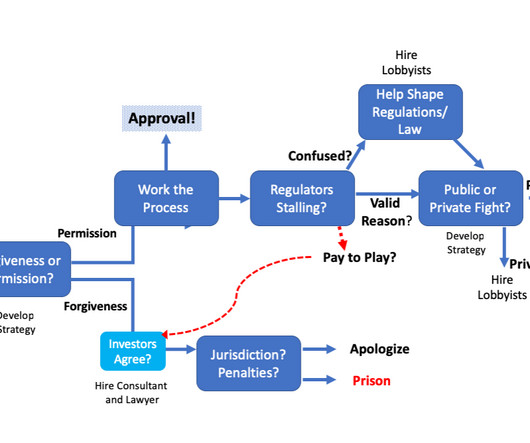Even the Smartest VCs Sometimes Get it Wrong – Bill Gurley and Regulated Markets
Steve Blank
NOVEMBER 7, 2023
The first part was railing against the consequences of regulatory capture on innovation and a second part, about the consequences of premature government regulation of AI and why the incumbents are all for it. He recently gave a talk at the All-In Summit that was really two talks in one. In the U.S. Bill Gurley’s point.)












Let's personalize your content